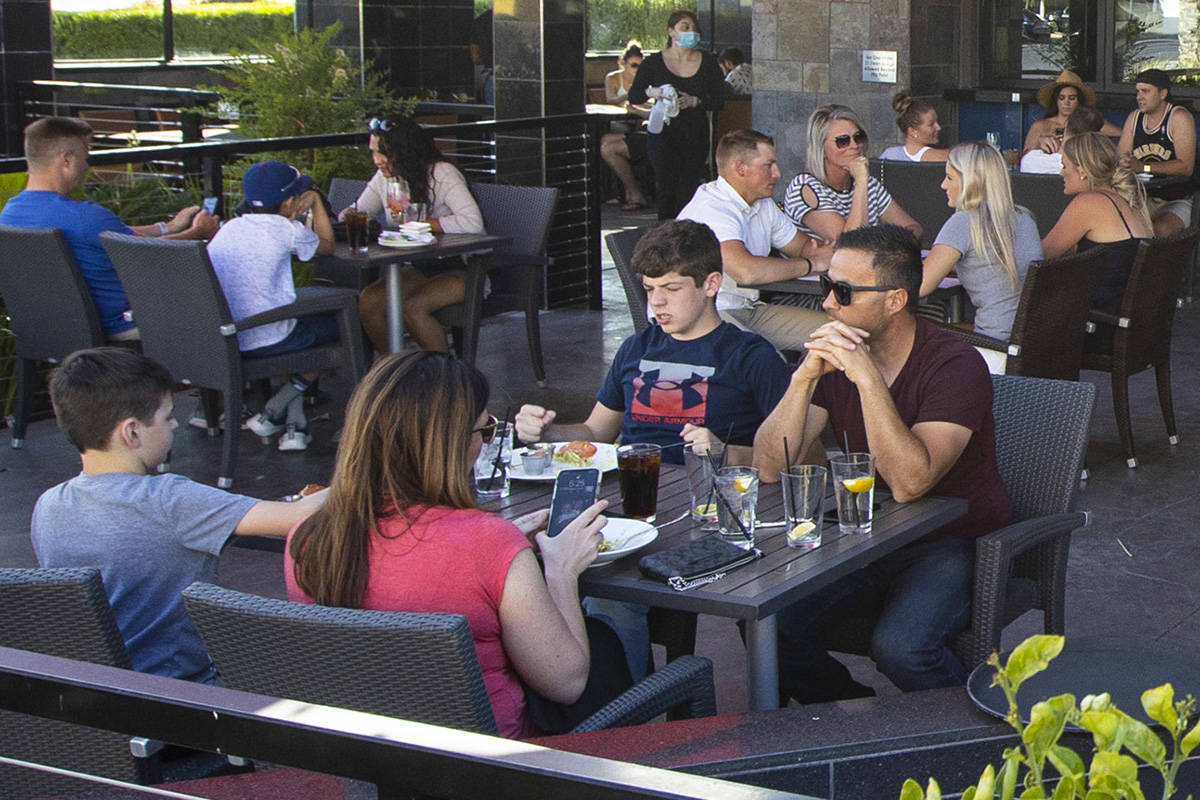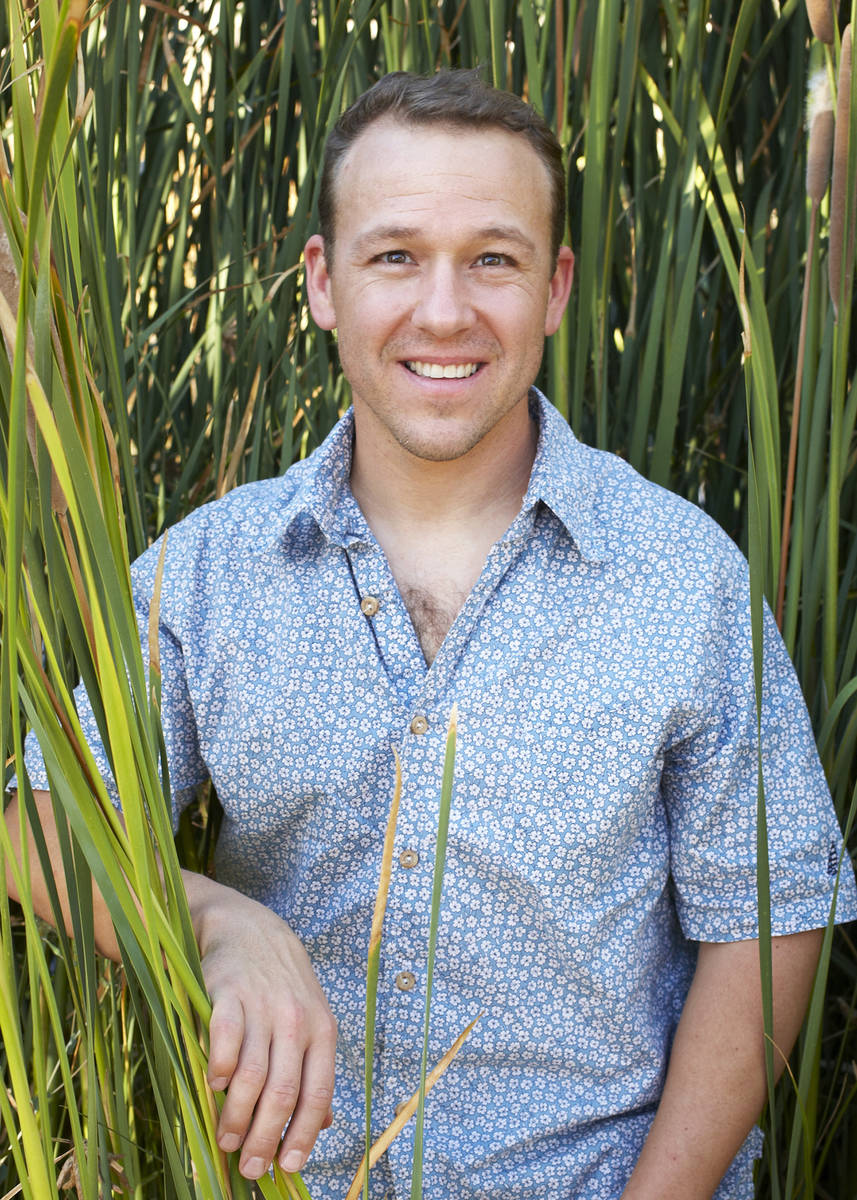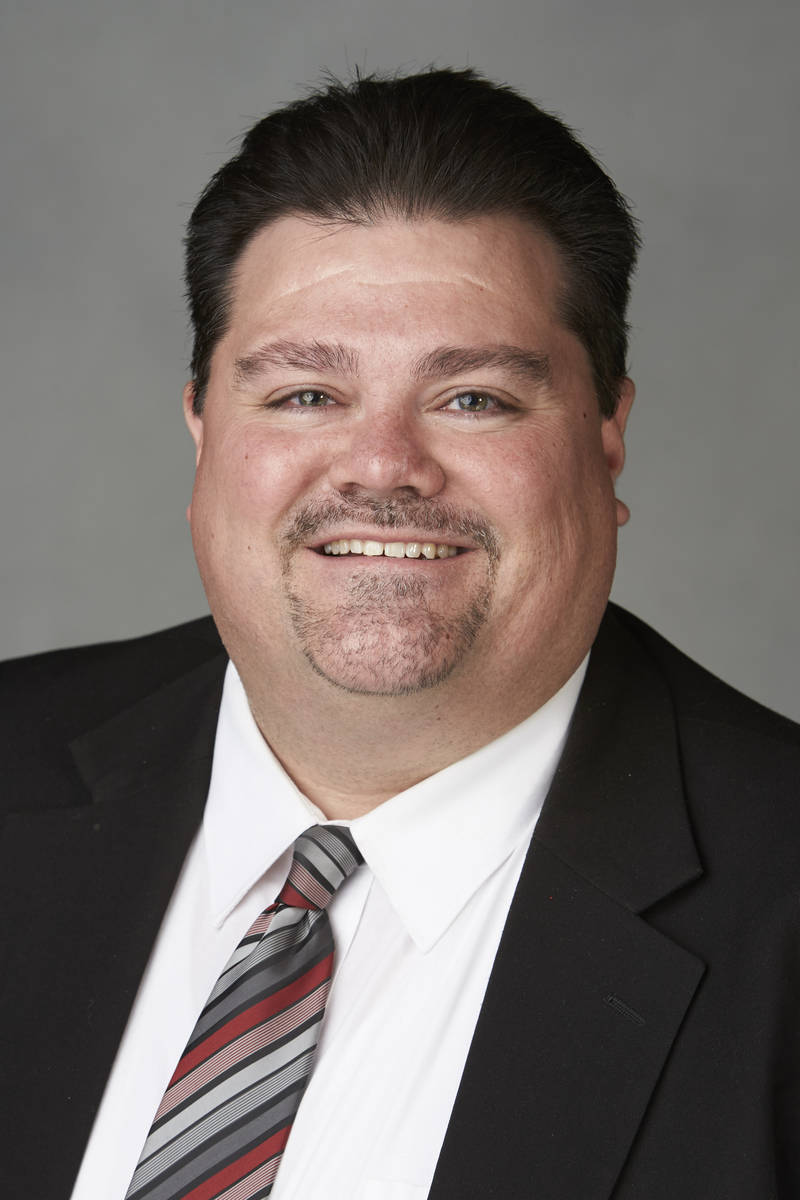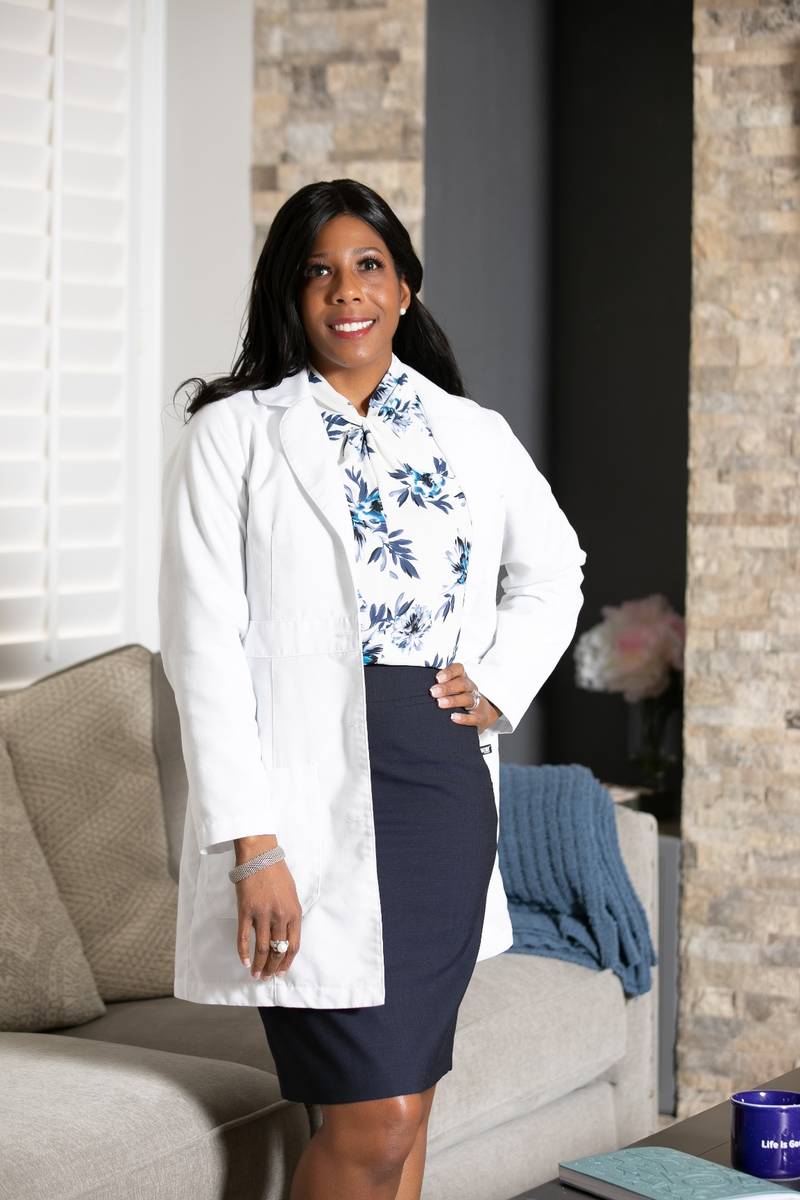How will we behave after quarantine? Experts weigh in
When those of us who haven’t been on the front lines finally emerge from our homes — staring curiously at new faces for the first time in weeks, many of us clad in sweatpants and pajama bottoms because our work clothes no longer fit — how will we behave?
Will we be more cautious? More averse to physical contact? More anything?
Probably not.
At least not in the long run, according to several experts.
“In the thousands of years of human history, it does not seem like a single pandemic has forever altered how people interact with each other,” said UNLV psychology professor Stephen Benning. “I would suspect that, within a few months of the restrictions being lifted, people will go back to being themselves.”
Stressful, even traumatic events such as a pandemic have a way of amplifying our behaviors, said Danielle Richards, a psychology professor in the College of Southern Nevada’s Department of Human Behavior. They just don’t tend to change who we are.
As with everyone else contacted for this story, she emphasized that there is no blanket statement that can be applied to every American.
“There’s always going to be people who are taking additional precautions and people who are taking additional risks,” Richards said.
She believes behavioral trends likely will demonstrate that most of us — the non-outliers — mimic what others are doing. If we walk into a grocery store and see the majority of people are continuing social distancing measures, we’ll be more likely to join them. However, if we head out wearing a facial covering and find we’re in the minority, we’ll be less likely to continue that strategy over time.
“I do think that what other people are doing is going to determine what’s going to become more commonplace,” she said. “Good or bad.”
So, in the long run, what, if anything, is likely to change?
Shaking hands
When it comes to the spread of germs and other contaminants, the handshake is almost the perfect delivery system. Dr. Anthony Fauci, director of the National Institute of Allergy and Infectious Diseases, has recommended we never shake hands again. This presumably includes that sports staple, the high five, along with any other hand-to-hand contact.
“It’s disgusting. … It’s ridiculous, but it’s tradition. And I think it’s especially (true) in male-dominated society and male-dominated professions,” said Christina Madison, a Roseman University professor and public health expert. “I get it. I get the mindset behind it. But from a public health and an infection control standpoint, it’s awful. It’s the worst thing you can possibly do.”
Brian Labus, former senior investigator for the Southern Nevada Health District, noted that during quarantines, many of us haven’t been in situations where handshakes are customary, so we haven’t been consciously avoiding them.
“I could see less handshaking going on and people being a little more careful about it. But people want to get back to normal as well, and that is a normal part of everyday life and a normal part of business.”
“If a client put his hand out for me to shake it, I don’t know if I would shake it or not,” said Lisa Hendrixson, a Las Vegas marketing manager. “I think I would, but there might be some hand sanitizer real quickly afterward. I don’t want to be disrespectful to the person, but there definitely would be some hesitation or caution about it.”
Brian Hedlund, a microbiologist and UNLV professor, was more blunt. Handshakes, he said, aren’t going anywhere.
“It would be very interesting if, for some reason, this pandemic changed handshaking, but the last 10 or however many going back didn’t.”
Other physical contact
Concerns about personal space are nothing new. “Seinfeld” coined the term “close talker,” in relation to its in-your-face guest star Judge Reinhold, all the way back in 1994. While people are likely to be more cognizant after emerging from their 6-foot cocoons, the need for proximity and even consensual physical contact will remain.
“This is a terrible time to be a hugger,” noted Labus, an epidemiology professor at UNLV. “If that’s the way you are, this is probably stressful for you. You’re used to having that human contact. It’s something we all need and something we all crave. And when we get away from it, it’s something we want to get back to.”
Self-professed hugger Shirley Paessler, a Las Vegas nail technician, agreed.
“I tend to be a touchy-feely hugger, and I will stop doing that,” she admitted. “My clients, when they leave, I hug them. I kiss some of them on the cheek. I will not do that, and probably not for a long time in the future. And I have to be aware of that, because it’s something we did without thinking.”
Benning, who specializes in basic emotional processes, defined physical contact as a primal need.
“When people are physically together,” he said, “there may still be these fundamental desires for things, like physical touch, that override concerns about contamination, just as they have for millennia.”
Covering our faces
For decades, members of Asian cultures have been wearing cloth masks in public, both out of politeness in case they’re sick and as protection from others’ illnesses in their densely populated cities. Now that many Americans are wearing them for the first time, there may be a carryover effect.
“In the U.S., people have scoffed at that for a long time,” said Hedlund, who spends time working in China and has friends and colleagues in Wuhan. “But it is clear that if somebody has a cold and if they wear a mask, they’ll be limiting transmission. So I think that’s something that we ought to consider as a Western society.”
A facial covering is a part of Las Vegas hairdresser William Whatley’s daily life now, and it will remain that way.
“I will always, always wear a mask now, no matter what, when I leave my house,” he said, adding that he would be devastated if he unknowingly passed something on to others. “You just don’t know when that invisible enemy is going to be out there. … If I can help even stop spreading the common flu, that’s a win.”
For Richards, it comes down to how each of us formed the connection to wearing a mask. If it was a positive outcome, that behavior is more likely to remain.
“For some people, the memory of the mask is going to be triggering of a time where they didn’t feel safe going to the grocery store,” she said. “And for other people, it’s going to be an object that’s going to bring them a sense of relief, because that was the thing that got them through going to the grocery store. I don’t think it’s going to be one thing for all people.”
Sick days
The fact that not every job offers paid sick leave, even among those positions that have been deemed essential, has become something of a sticking point.
“We might actually end up with a national policy on sick leave after this,” said Madison, a past president of the Nevada Public Health Association. “Because if we were to have something like this happen again, we’re just going to be in the same boat where people fear not being able to take the time off due to an economic, punitive nature, then they’re going to go to work sick.”
For those jobs that come with paid sick leave, Benning suggested workers may become more likely to use them rather than trying to tough it out and work through an illness.
“I think there is more of a recognition of what coming to work sick might do to people, and there is greater understanding from the perspective of employers that this kind of absenteeism isn’t driven by people’s laziness. It may actually be driven out of concern for their fellow workers,” he said. “So it’s possible that employers might start offering more generous, or less restrictive, sick leave policies, particularly if there are these kinds of concerns, at least for the next few years.”
Better hygiene
With people scrubbing their hands and being aware of what they touch like never before, hygiene is one area where meaningful, long-term change seems most probable.
“When the SARS pandemic came out,” Benning noted, “you saw hand sanitizer stations coming up all over the place.”
That was in 2003, and they’re still out there.
Labus already is noticing at least one practice that’s likely to hang around.
“We got people to cough into their elbow instead of coughing into their hands. That was a huge change. Now, if you see somebody sneeze into their hands, everybody kind of looks at them strange. So that one will probably stick.”
Still, he cautioned, there’s only so much adjustment you can expect from people.
“There’s a reason there are ‘Employees must wash hands’ signs up in every bathroom in the country. It’s because they don’t remember to do it.”
Contact Christopher Lawrence at clawrence@reviewjournal.com or 702-380-4567. Follow @life_onthecouch on Twitter.























